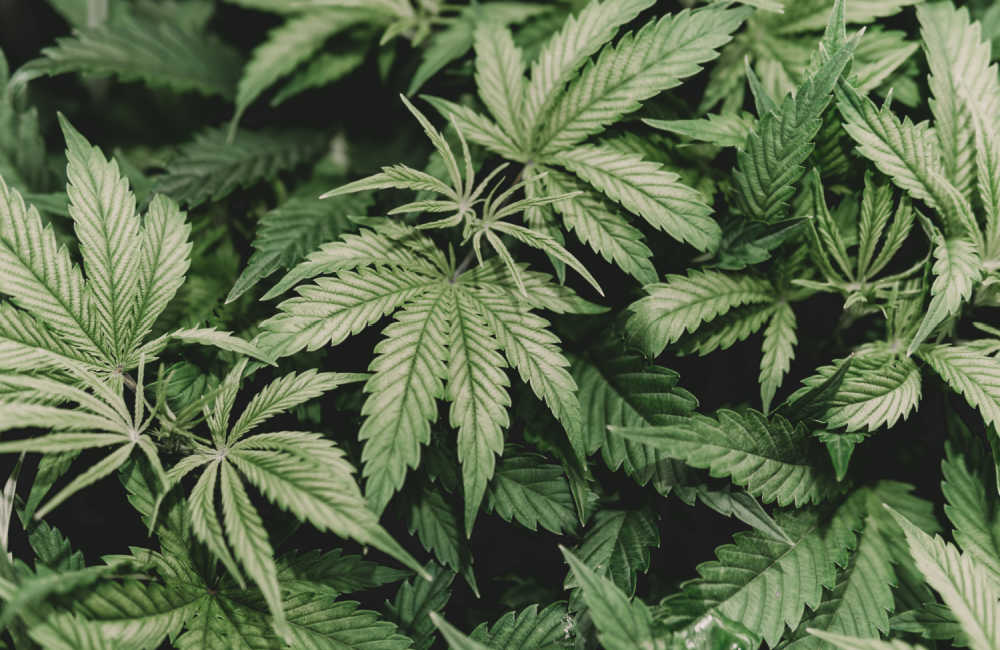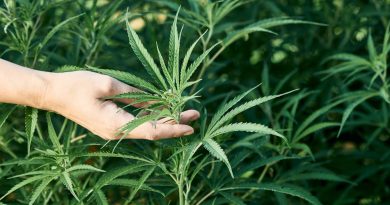People Use Less Synthetic Weed When The Real Thing Is Legal, Study Finds
People are safer in cannabis-friendly states from the dangers of illegal synthetic cannabis, a new study has found. In states where cannabis is legal, the number of cases reported of synthetic marijuana users needing medical attention dropped significantly.
The research, published in Clinical Toxicology, associated legal medical marijuana with a 13 percent drop in reported “exposures” to synthetic weed. Overall, states with permissive cannabis policies saw 37 percent lower annual reported synthetic exposures when compared to states with restrictive policies.
That’s especially good news when considering that a majority of those exposures resulted in the need for medical attention and 61 cases in three years resulted in deaths.
People typically get synthetic weed, such as AK-47, Scoobie Snacks, and 24-Karat Dream, as dried plant materials sprayed with acetone, embalming fluid or other solvents that contain man-made psychoactive substances.
The Journal of Clinical Pharmacology reports that there are numerous cases of patient harm and death in the U.S., Europe and Australia from illicit, synthetic marijuana. Many people suffer what the journal called “psychological, neurological, cardiovascular, pulmonary, and renal adverse events.”
Researchers Used Poison System Data
To see the impact of cannabis laws on the rate of reported exposures to synthetic cannabis, researchers in the new study looked at National Poison Data System (NPDS) data from 2016 to 2019. They then cross-referenced any synthetic poisoning reports with the cannabis laws and market status in the state where they occurred.
During that time, they found 7,600 exposures reported. Over time, synthetic exposures declined. A majority of the exposures – 64.8 percent – required medical attention.
The study concluded: “Adoption of permissive cannabis law was associated with significant reductions in reported synthetic cannabinoid exposures. More permissive cannabis law may have the unintended benefit of reducing both motivation and harms associated with use of synthetic cannabis products.”
Why Reducing Synthetic Weed Use is Important
In the five years leading up to 2015, synthetic cannabis poisonings increased in the U.S., with more than 42,000 cases of toxic exposure reported between 2010 and 2015, according to a CNN report. The new study offers hope that the trend will reverse, at least in states with more permissive marijuana laws.
The Centers for Disease Control and Prevention said the rise of synthetic marijuana, sold illegally to people who think they are buying regular cannabis, is a “global problem.” Synthetic cannabis first appeared in Europe about 2005, arriving in the U.S. in 2008.
Some cases have had widespread impact. In 2018, more than 100 people in the Midwest and Maryland became ill after using synthetic cannabis laced with rat poison. Symptoms included unexplained bruising, coughing up blood, and bleeding from the nose and gums.
Legalization may provide an added benefit in reducing the number of such incidents by reducing the use of illegally purchased synthetic cannabis.




